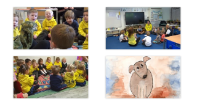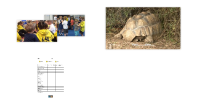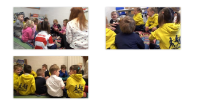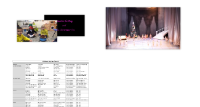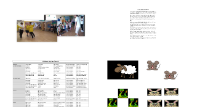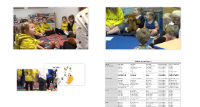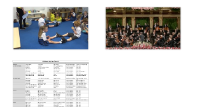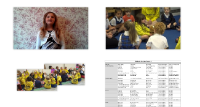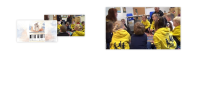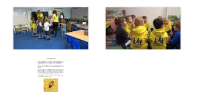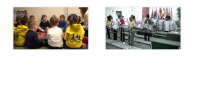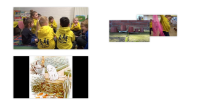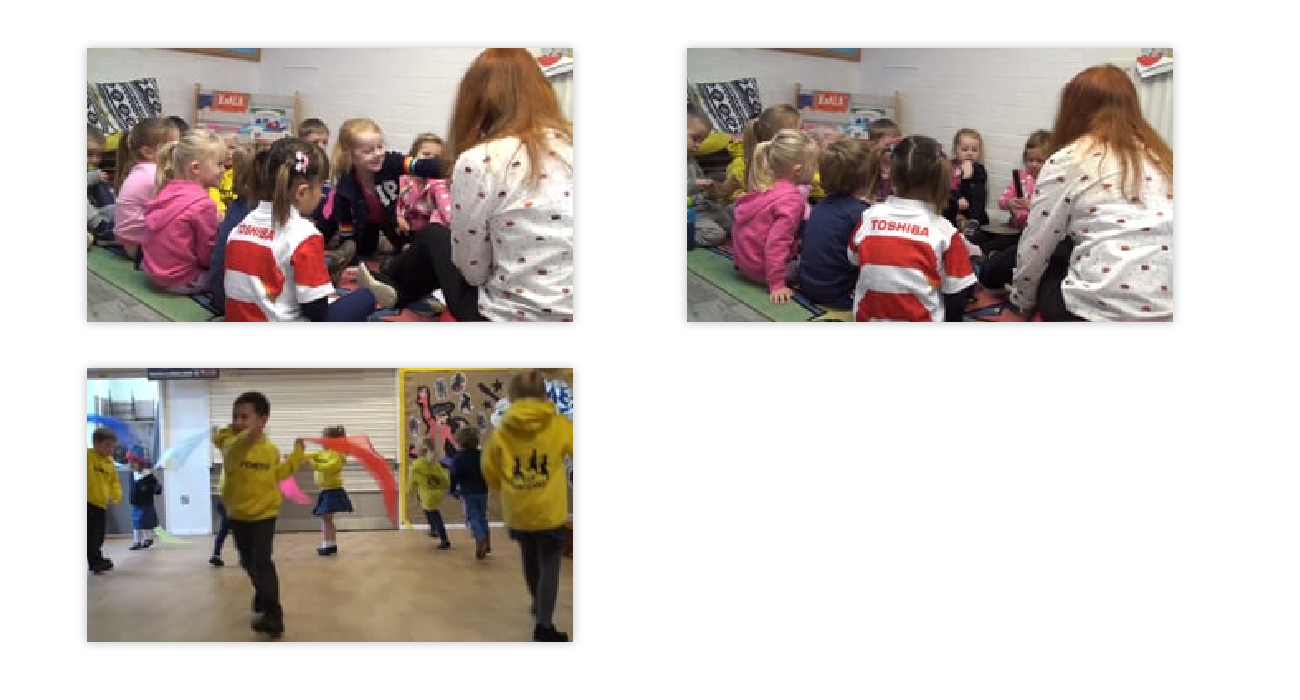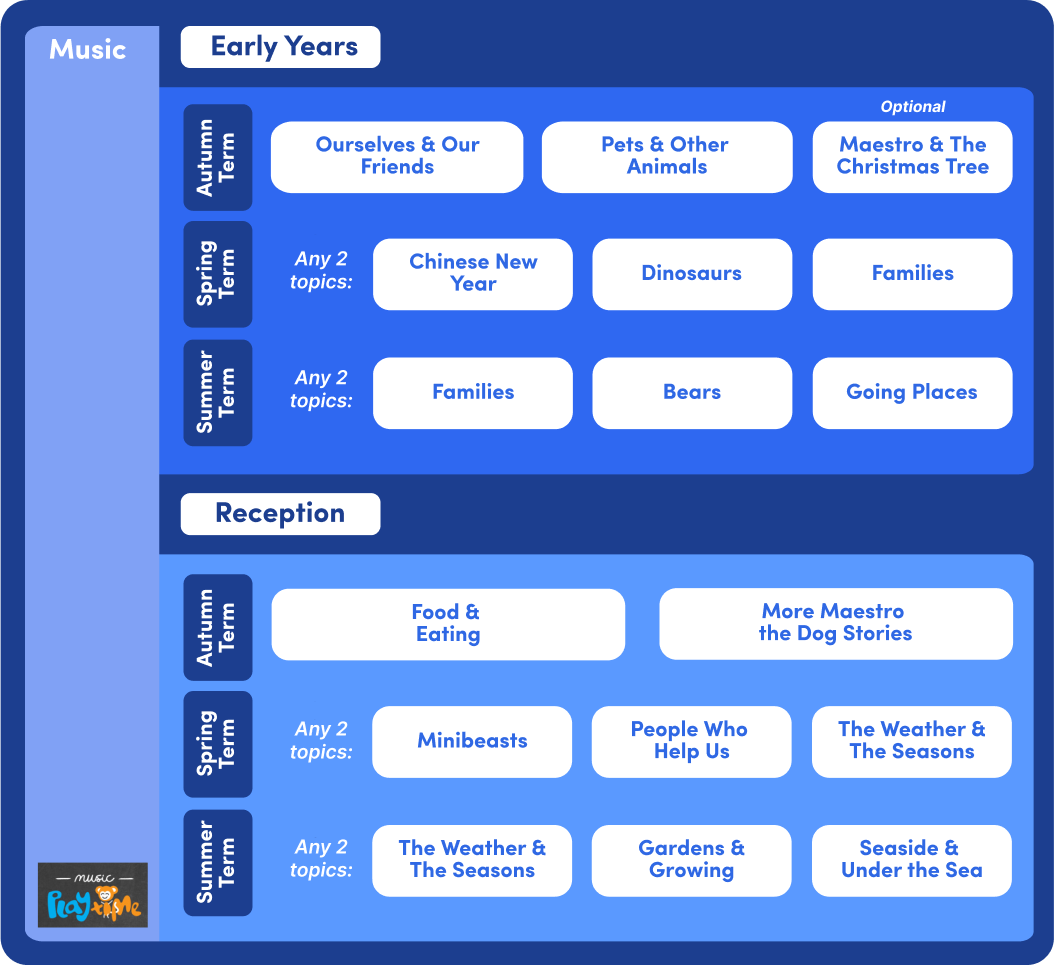The Weather & the Seasons Level: Early Grades
Music Unit Description
This unit focuses on the weather in music, particularly wintry weather!
Elements
- Timbre: The individual quality of a sound.
- Duration: Long or short notes, RHYTHM.
- Tempo: Fast or slow speed of the PULSE, or BEAT
Resources
- Rain sticks

Rainsticks Music
You can buy rainsticks that make a sound like rain but, if not, you can help the children to make their own from a paper towel tube, a Pringles tube or the inner cardboard tube from wrapping paper. Just pour (uncooked!) rice or lentils into the tube and seal both ends with parcel tape, then paint the tube in bright colors. Traditionally, a rainstick has nails, thorns or toothpicks pushed into it for the rice to fall against inside, but including these in your child-made rainsticks may not be a good idea unless you supervise closely and then cover any pointy ends with plenty of tape!
Make a gradual, slow sound with a rainstick by slowly tilting it from side to side.
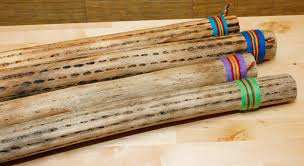

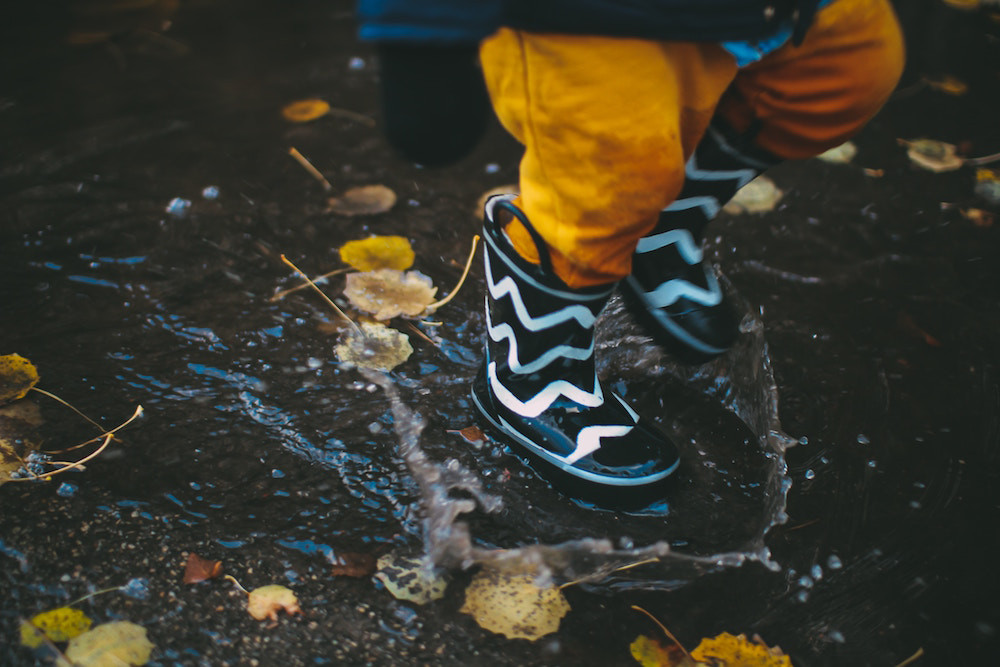
What's the Weather Like Today?
New words to a well-known tune.
- What's the weather like today?
- Sunny, warm and dry
- And on a summer day we see
- The sun up in the sky
- With sunshine here, sunshine there
- Lovely sunshine everywhere
- What's the weather like today?
- Sunny, warm and dry
- __
- What's the weather like today?
- Think it's going to rain
- And on a rainy day we see
- Puddles in the lane
- With puddles here, puddles there
- Splashy puddles everywhere
- What's the weather like today?
- Think it's going to rain
Frosty Weather
A song for a winter's day!
- Frosty weather, snowy weather
- When the wind blows
- We all go together
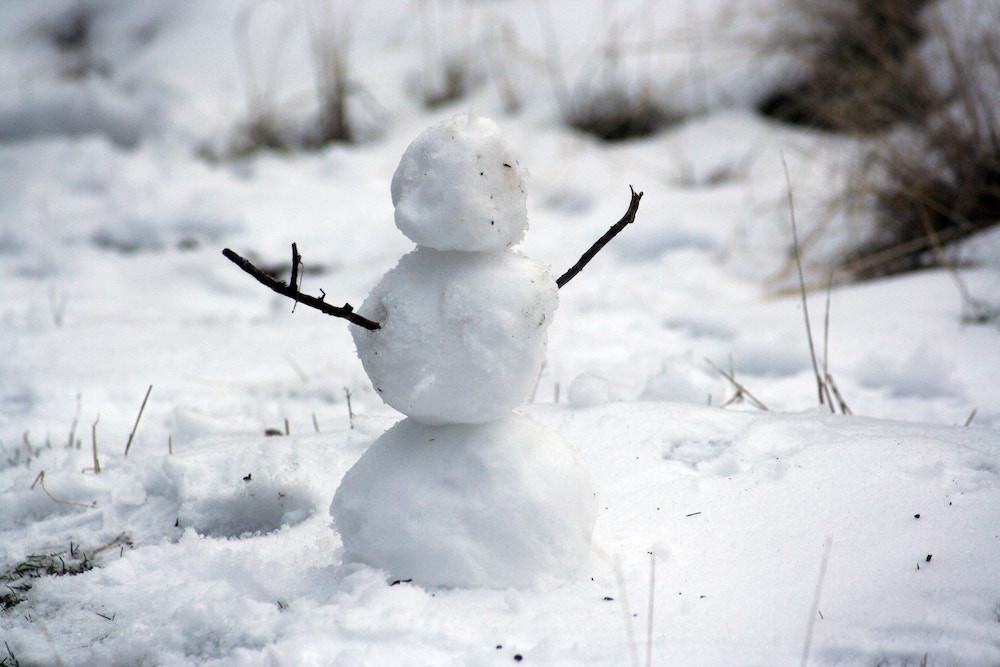
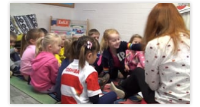
Rain Rain Go Away (pitch, pulse, rhythm)
This is a rhyme for sing-song voices.
There are three activities in one here, reinforcing the concepts of pitch, pulse and rhythm. Best to do these over several days, building up the concepts step by step as in the audios. First sing the rhyme, then clap the pulse, then clap the rhythm:
- Rain, rain go away
- Come again another day
Singing the song
Singing and tapping the pulse
Sing and clapping the rhythm.
Remember to use the correct words, pitch, pulse and rhythm, for each activity.
Tip: most young children find it easier to clap by holding one hand out and clapping on it with the other.
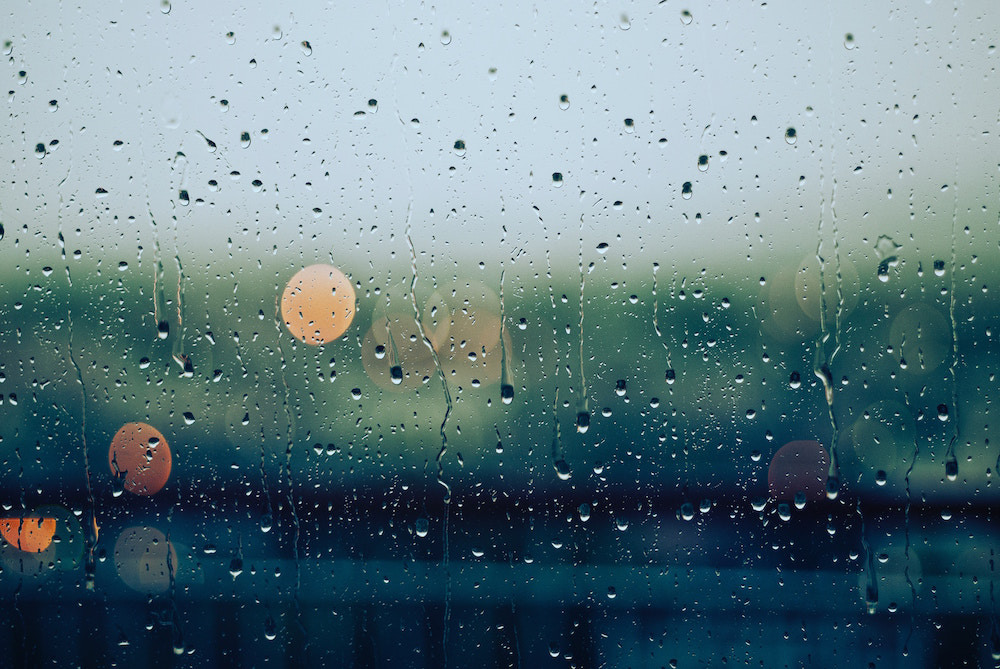
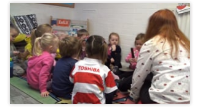
Stormy Sound Pictures
Great fun and very easy! Tell a story about the storm coming and show the children, at each part of the story, how to make sound effects:
The Story
I tend to make up the story as I go along, but here are some suggestions:
It was a sunny day at first but then the wind started to blow (blowing sounds like blowing out a candle).
Tiny raindrops started to fall, slowly and gently (tap with fingers of one hand onto the other hand).
The rain came quicker and louder (drum with fingers on a chair or the floor).
There was a quiet rumble crash of thunder (feet on the floor) and it rained faster (drum with fingers). Suddenly there was a big crash of thunder (clap).
Gradually the rain became slower and quieter (fingers go from drumming to tapping on hands) and the wind went from loud to quiet (blow quieter and quieter).
Soon the rain and wind stopped (fingers on lips and silence) and the sun came out (everyone smile).
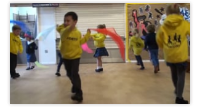
Hail (tempo, dynamics, character)
This piece of music is from a longer work called The Seasons, composed by Glazunov.
The children could listen first and suggest words to describe the music, such as like quick footsteps or like running. You may need to supply appropriate words because describing music will be a new concept for many children of this age. Next, you might ask the children to move with quick, little steps to the music. Using dance scarves could enable some children to make the shape of the music getting gradually louder, then quieter - if you do this too, they will get the idea more easily.

Rain in a Bag
Materials needed: plastic food bags, soil, spoon, handful of grass with roots attached (pulled from the ground), water, clear tape, masking tape, marker pen, drinking straw.
- Each child puts a few spoonfuls of soil into a bag labelled with their name.
- Next they plant the handful of grass into the soil.
- Pour one spoonful of water over the grass.
- Put a straw in the bag (with most of the straw out of the bag).
- Seal the bag around the straw.
- Fill the bag with air by having the child blow into the straw.
- Pull the straw out of the bag and quickly seal it, keeping the air inside.
- Tape the bag to a sunny window.
Soon, they should see condensation begin to form and eventually it will roll down the bag into the soil, causing ‘rain’ to water the plant.


Rainsticks Music
You can buy rainsticks that make a sound like rain but, if not, you can help the children to make their own from a paper towel tube, a Pringles tube or the inner cardboard tube from wrapping paper. Just pour (uncooked!) rice or lentils into the tube and seal both ends with parcel tape, then paint the tube in bright colors. Traditionally, a rainstick has nails, thorns or toothpicks pushed into it for the rice to fall against inside, but including these in your child-made rainsticks may not be a good idea unless you supervise closely and then cover any pointy ends with plenty of tape!
Make a gradual, slow sound with a rainstick by slowly tilting it from side to side.



What's the Weather Like Today?
New words to a well-known tune.
- What's the weather like today?
- Sunny, warm and dry
- And on a summer day we see
- The sun up in the sky
- With sunshine here, sunshine there
- Lovely sunshine everywhere
- What's the weather like today?
- Sunny, warm and dry
- __
- What's the weather like today?
- Think it's going to rain
- And on a rainy day we see
- Puddles in the lane
- With puddles here, puddles there
- Splashy puddles everywhere
- What's the weather like today?
- Think it's going to rain
Frosty Weather
A song for a winter's day!
- Frosty weather, snowy weather
- When the wind blows
- We all go together


Rain Rain Go Away (pitch, pulse, rhythm)
This is a rhyme for sing-song voices.
There are three activities in one here, reinforcing the concepts of pitch, pulse and rhythm. Best to do these over several days, building up the concepts step by step as in the audios. First sing the rhyme, then clap the pulse, then clap the rhythm:
- Rain, rain go away
- Come again another day
Singing the song
Singing and tapping the pulse
Sing and clapping the rhythm.
Remember to use the correct words, pitch, pulse and rhythm, for each activity.
Tip: most young children find it easier to clap by holding one hand out and clapping on it with the other.


Stormy Sound Pictures
Great fun and very easy! Tell a story about the storm coming and show the children, at each part of the story, how to make sound effects:
The Story
I tend to make up the story as I go along, but here are some suggestions:
It was a sunny day at first but then the wind started to blow (blowing sounds like blowing out a candle).
Tiny raindrops started to fall, slowly and gently (tap with fingers of one hand onto the other hand).
The rain came quicker and louder (drum with fingers on a chair or the floor).
There was a quiet rumble crash of thunder (feet on the floor) and it rained faster (drum with fingers). Suddenly there was a big crash of thunder (clap).
Gradually the rain became slower and quieter (fingers go from drumming to tapping on hands) and the wind went from loud to quiet (blow quieter and quieter).
Soon the rain and wind stopped (fingers on lips and silence) and the sun came out (everyone smile).

Hail (tempo, dynamics, character)
This piece of music is from a longer work called The Seasons, composed by Glazunov.
The children could listen first and suggest words to describe the music, such as like quick footsteps or like running. You may need to supply appropriate words because describing music will be a new concept for many children of this age. Next, you might ask the children to move with quick, little steps to the music. Using dance scarves could enable some children to make the shape of the music getting gradually louder, then quieter - if you do this too, they will get the idea more easily.

Rain in a Bag
Materials needed: plastic food bags, soil, spoon, handful of grass with roots attached (pulled from the ground), water, clear tape, masking tape, marker pen, drinking straw.
- Each child puts a few spoonfuls of soil into a bag labelled with their name.
- Next they plant the handful of grass into the soil.
- Pour one spoonful of water over the grass.
- Put a straw in the bag (with most of the straw out of the bag).
- Seal the bag around the straw.
- Fill the bag with air by having the child blow into the straw.
- Pull the straw out of the bag and quickly seal it, keeping the air inside.
- Tape the bag to a sunny window.
Soon, they should see condensation begin to form and eventually it will roll down the bag into the soil, causing ‘rain’ to water the plant.

